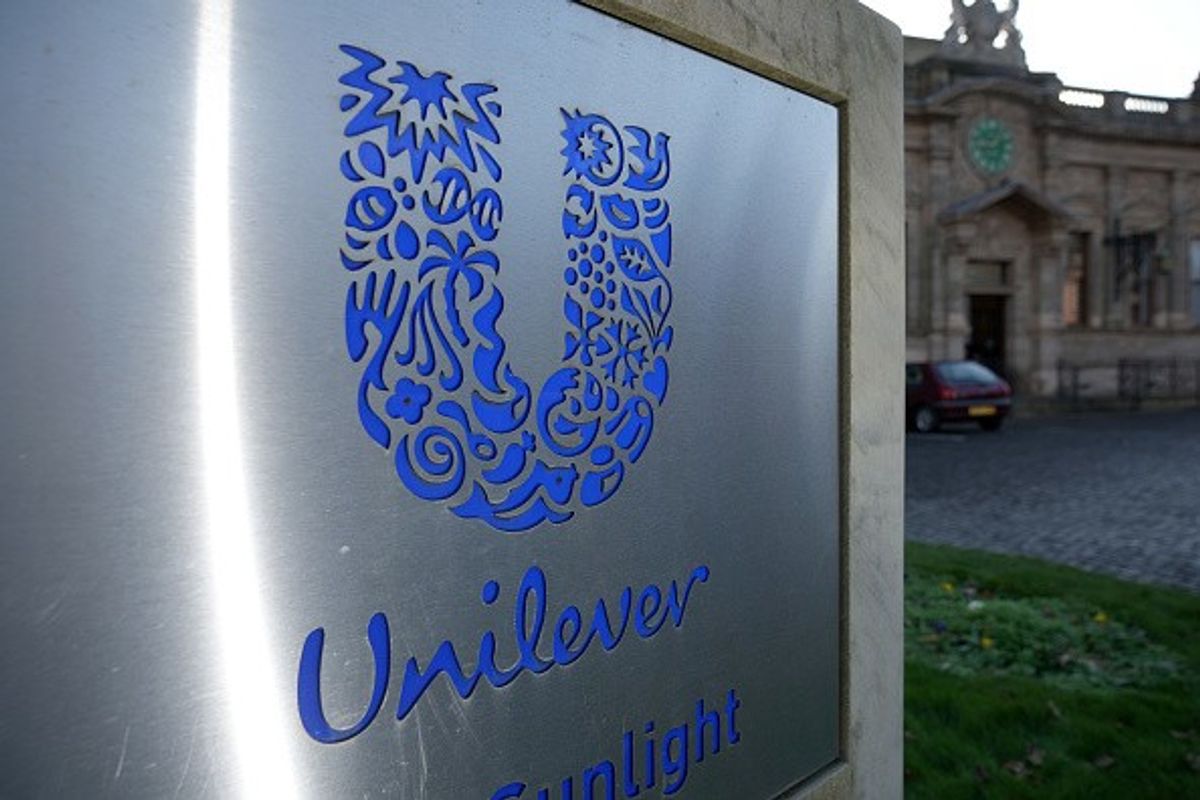FMCG giant Unilever today (24) reported a stronger-than-expected sales uplift for its third quarter, signalling progress in its ongoing turnaround strategy.
The FTSE 100 consumer goods giant, whose portfolio includes household names like Marmite and Dove, achieved underlying sales growth of 4.5 per cent—its most significant quarterly increase in over three years.
The performance is said to be driven by a combination of moderated price hikes and successful product innovations, which boosted quarterly volume growth by 3.6 per cent.
Consumers were lured back to Unilever’s “power brands” which include Dove, Comfort and Magnum. This helped underlying sales growth for the division rise 5.4 per cent, while volume growth increased by 4.3 per cent.
Yet, quarterly turnover for Unilever remained flat at £15.2 billion as disposals and currency headwinds weighed on the group.
The result comes after Hein Schumacher, a restructuring expert who was installed last year as its new chief executive replacing Alan Jope, to oversee a revival of the business. He had been scouted by Nelson Peltz, the billionaire activist investor whose firm has a stake in Unilever.
Schumacher said: “We are still in the early stages of transforming our performance as we execute the growth action plan at pace — focused on doing fewer things, better and with greater impact.”
He added that the group’s separation of its £15 billion ice-cream business was “on track” and was expected to be completed by the end of 2025.
The consumer goods giant said that it was keeping its full-year outlook unchanged. Unilever expects to report underlying sales growth of between 3 and 5 per cent and an underlying operating margin of at least 18 per cent.
Earlier this month Unilever announced that the group had sold its Russian subsidiary to a local manufacturing group for a reported €520 million, following repeated criticism for not ditching operations in the court after its invasion of Ukraine.


